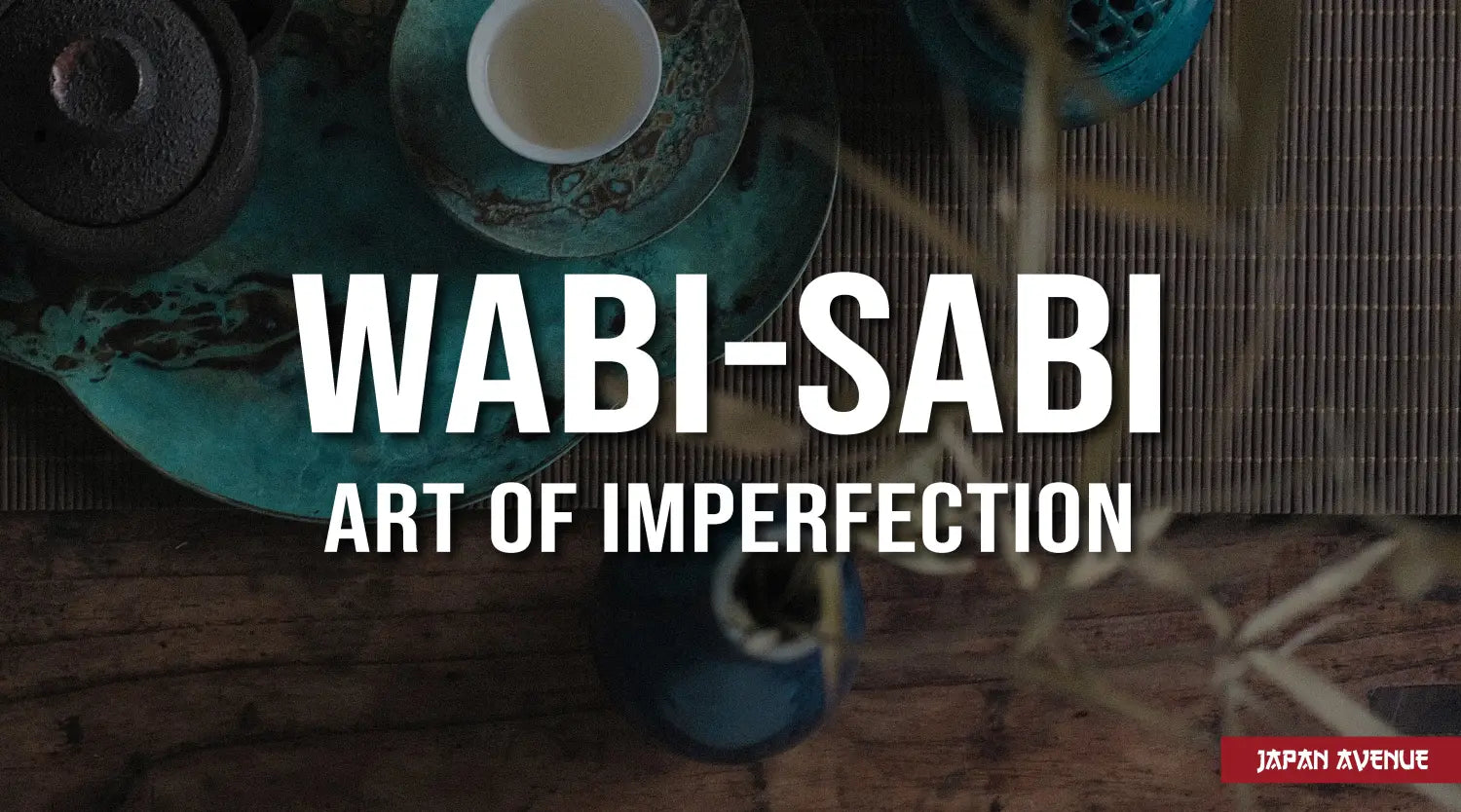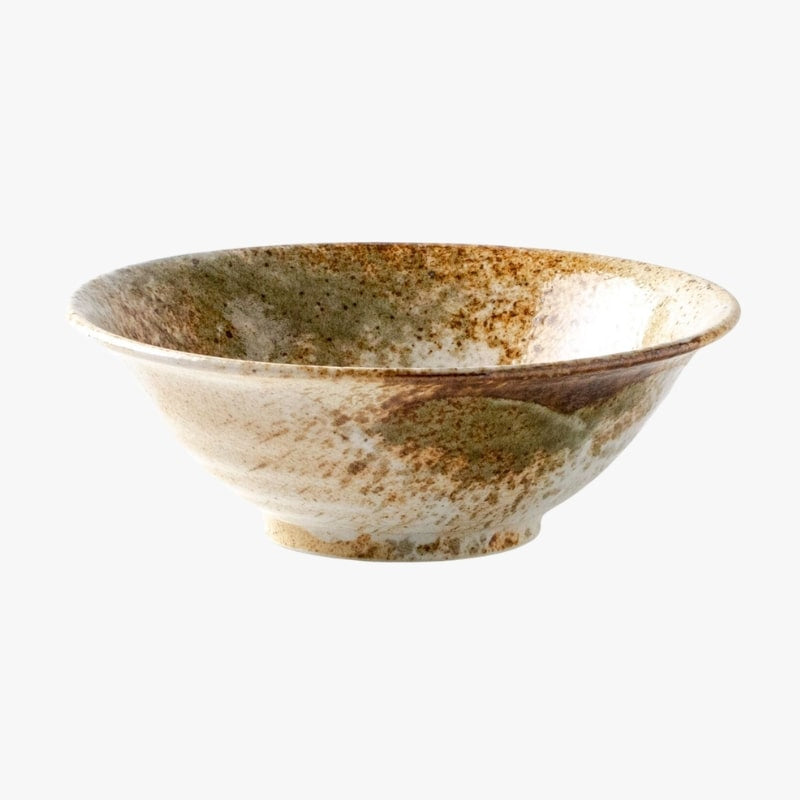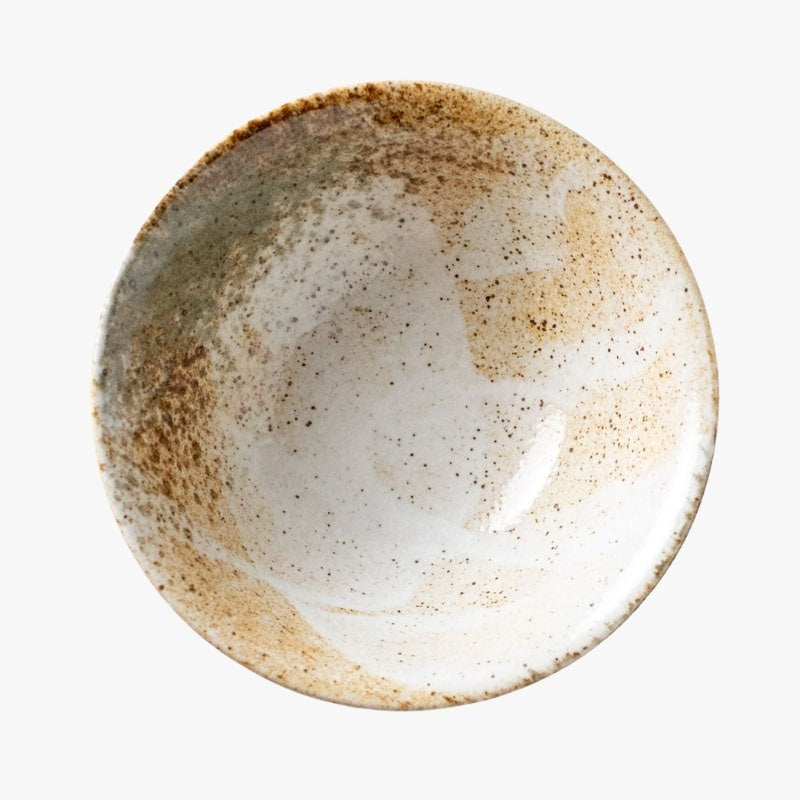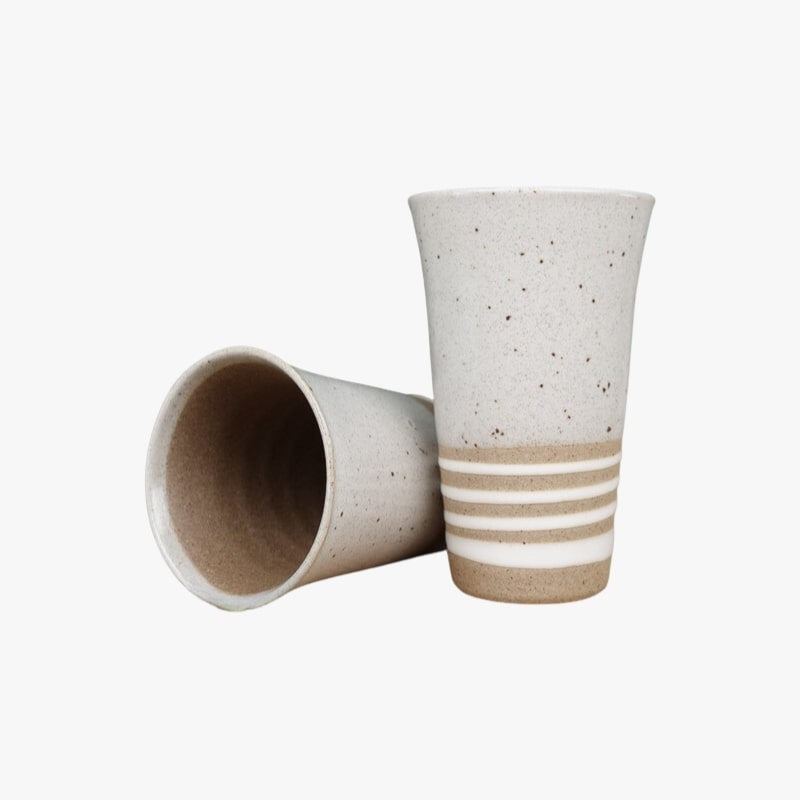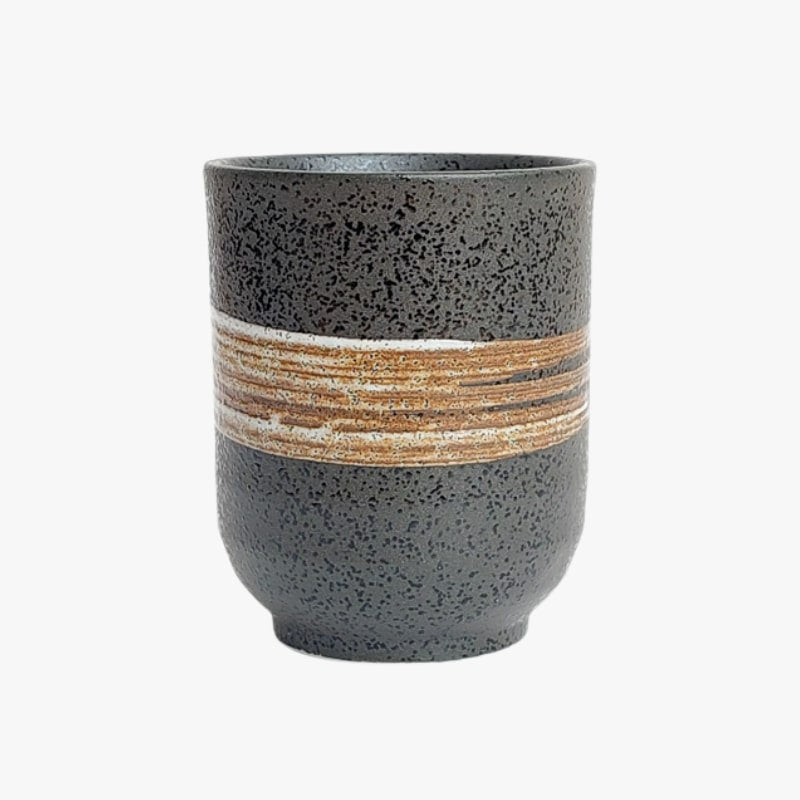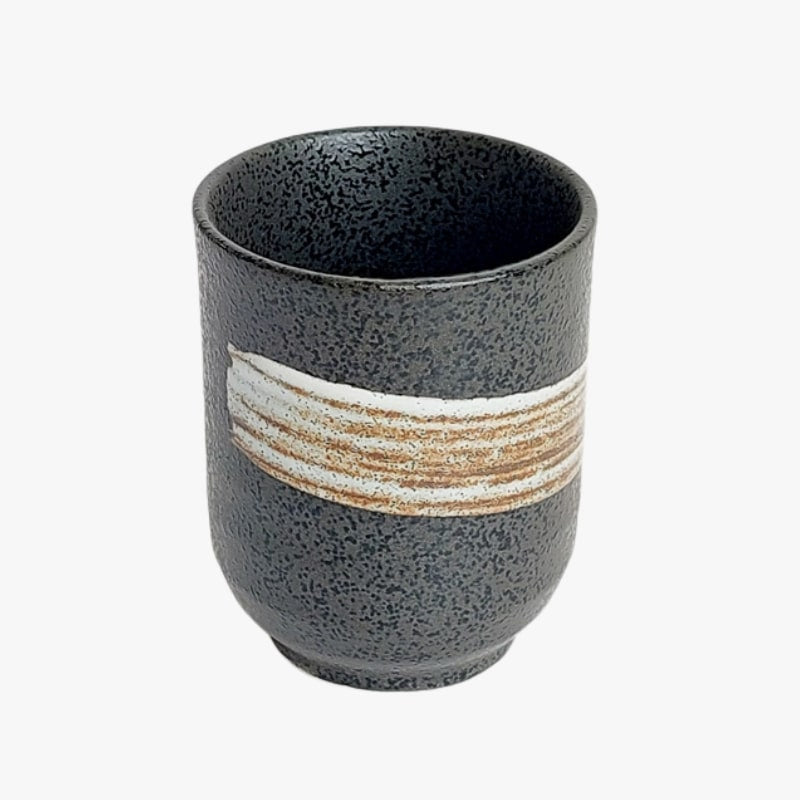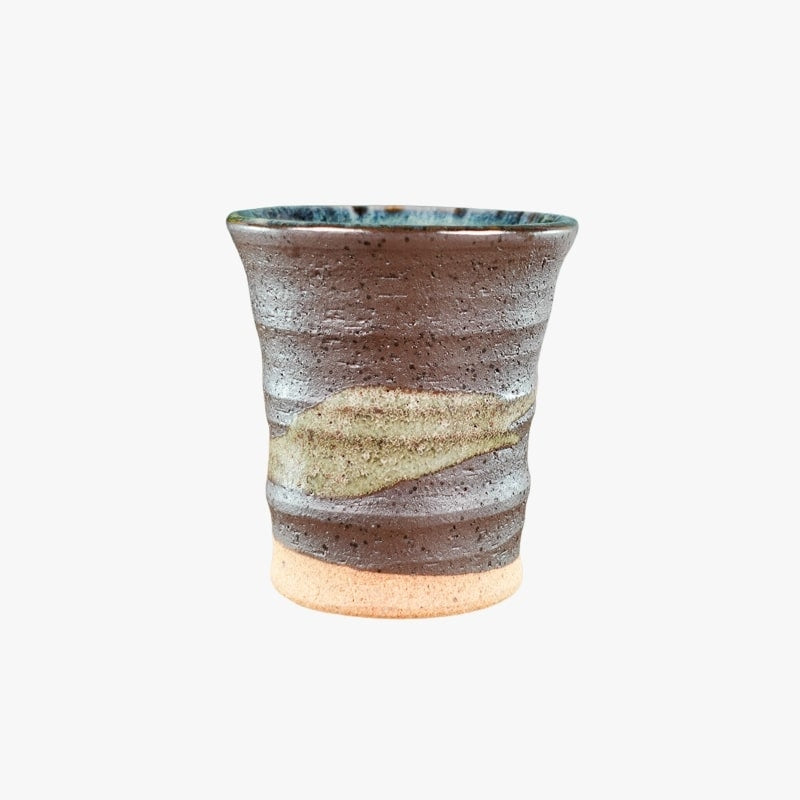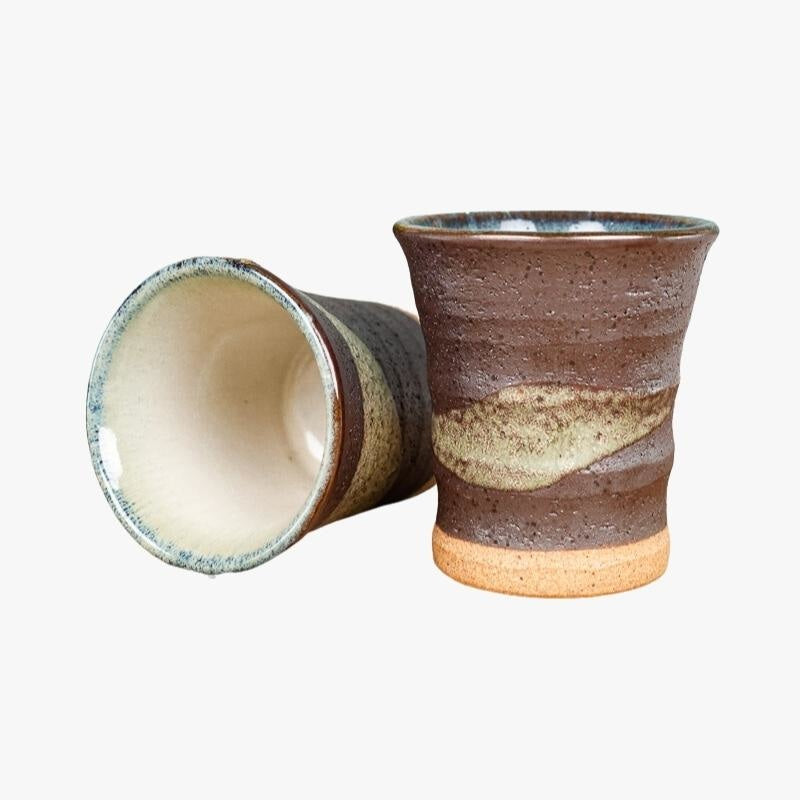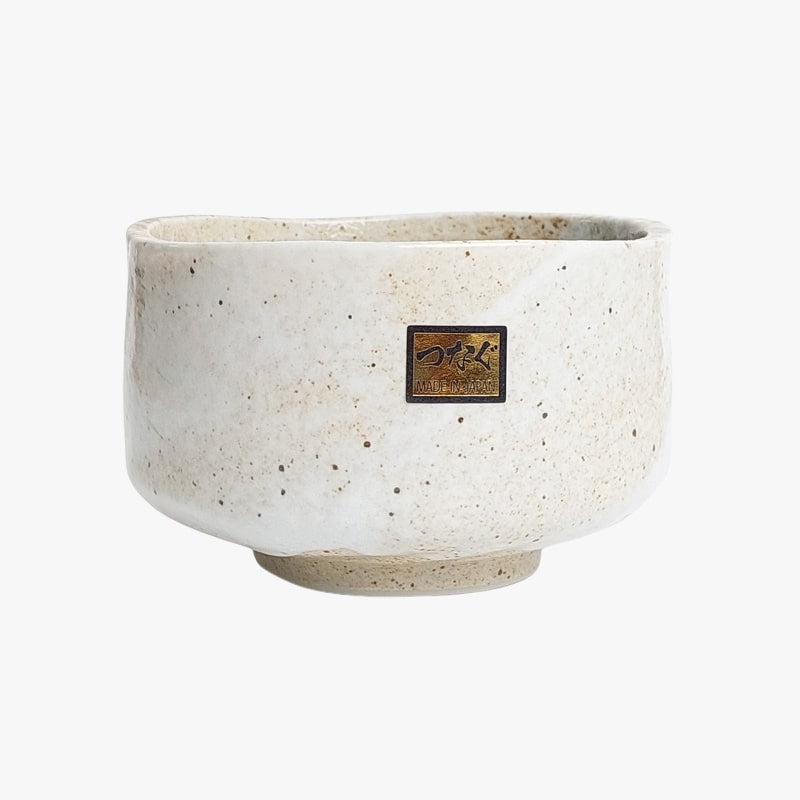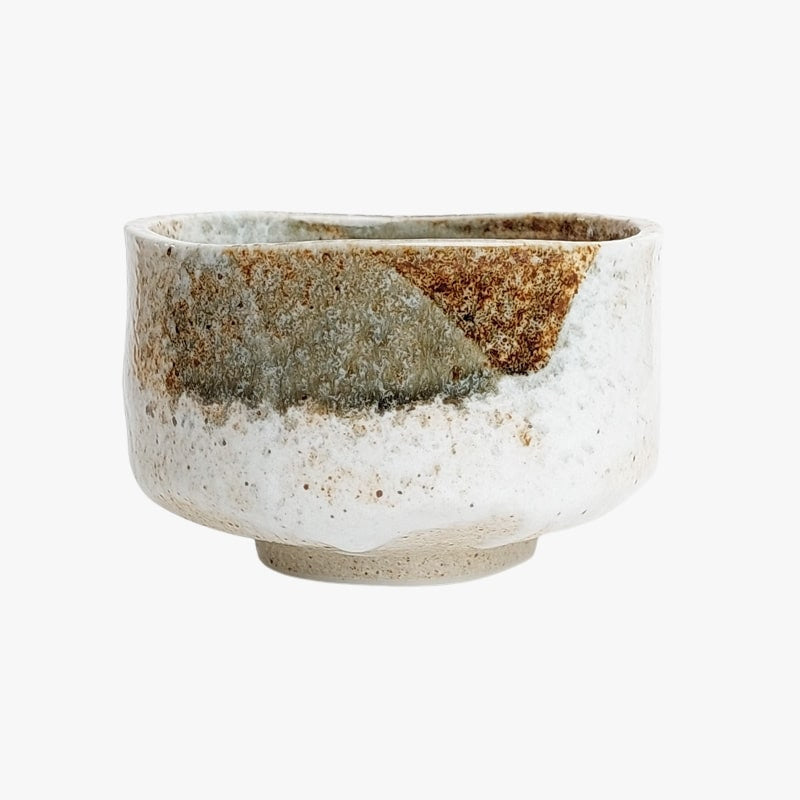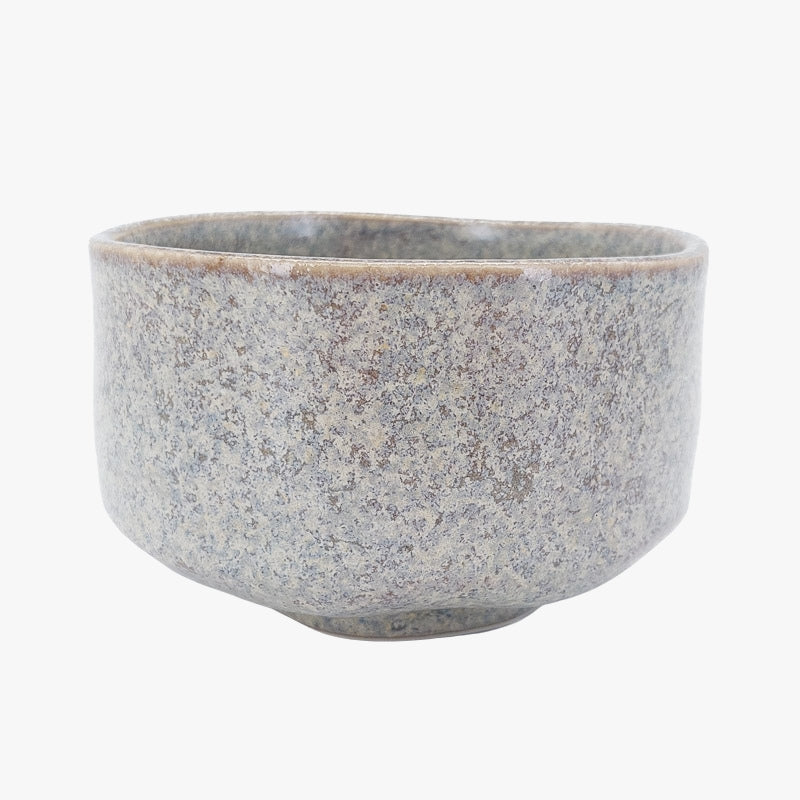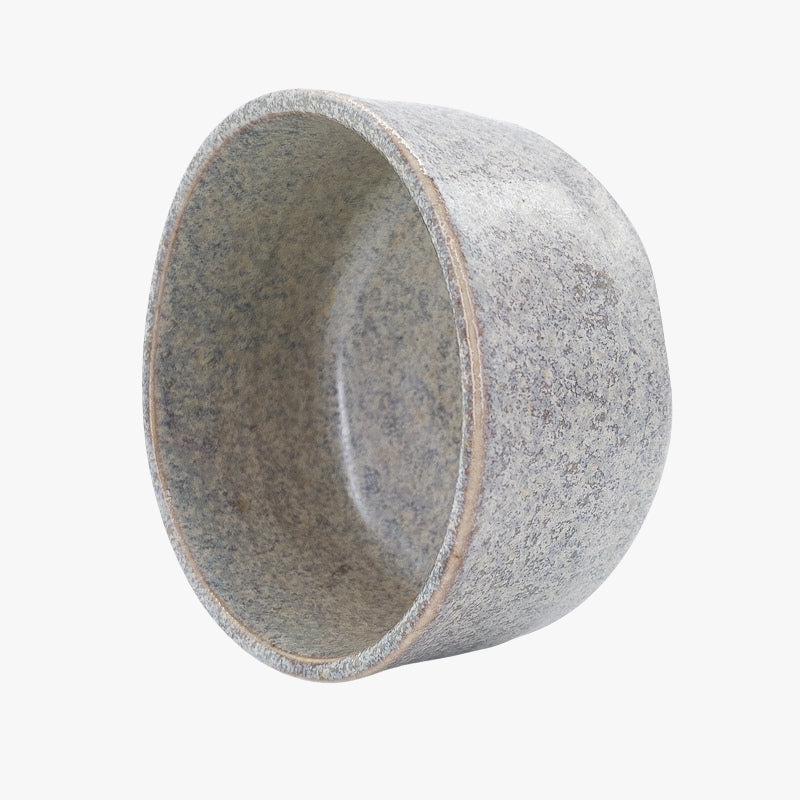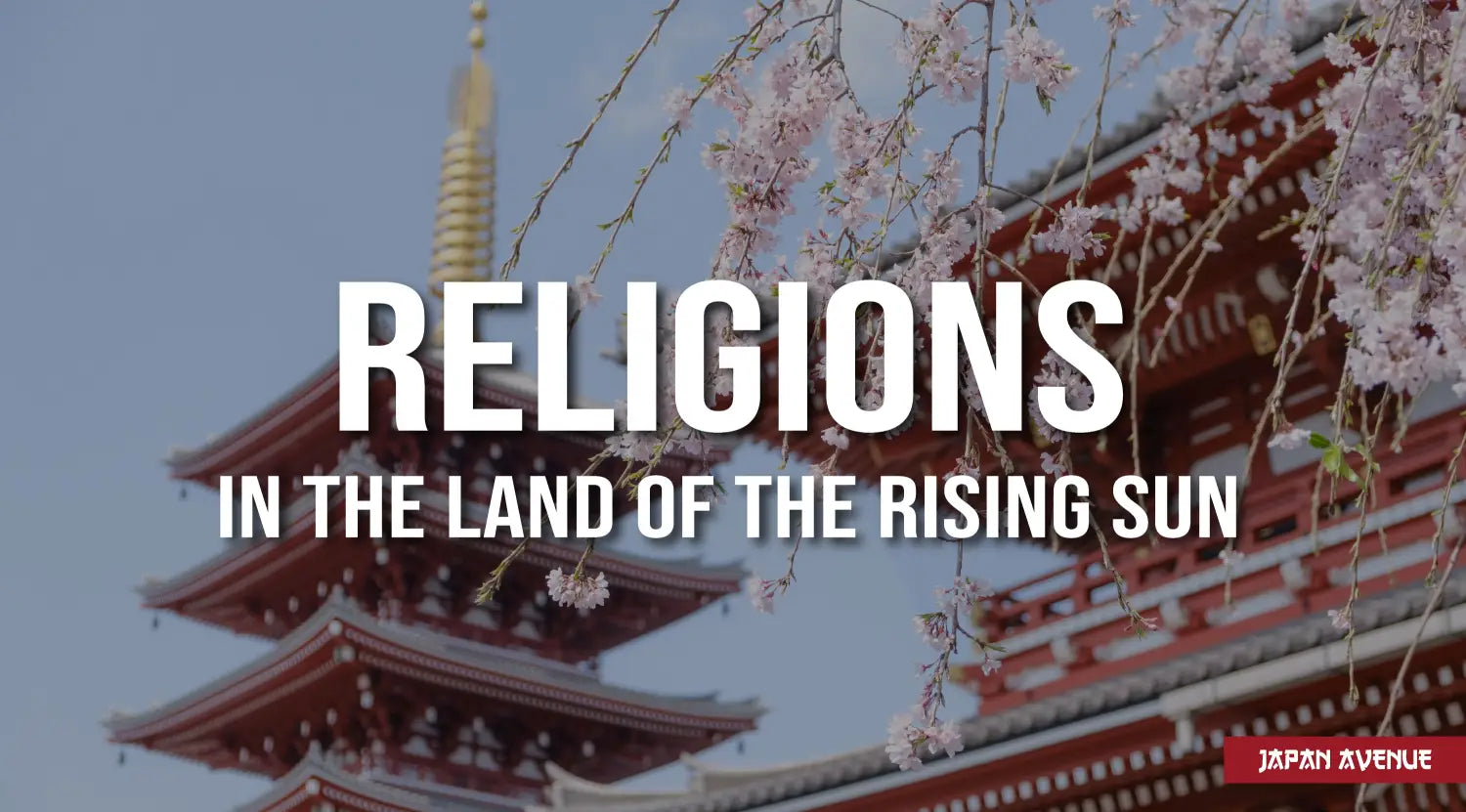Have you ever heard of the Wabi-Sabi concept? A hedonistic Japanese concept that advocates elegance in minimalism and a return to the essentials 🌿.
Wabi-sabi is an aesthetic and spiritual concept that celebrates the imperfection of things. Focused on the notion of beauty and the passing of time, this way of thinking touches the world of art, literature and personal development.
Learn more about this philosophy of happiness inspired by Buddhist monks and Taoism.
🤓 The wabi sabi concept

source: Unsplash.com
To better understand the concept of wabi-sabi, we need to have a closer look at its etymology. First of all, the word is composed of two elements: wabi and sabi.
Wabi stands for simplicity and nature and evokes beauty in its most modest shape. The imperfections are part of the harmony. It is the enchantment one feels when looking at a graceful flower that is missing a petal, for example.
Sabi reflects the natural wear and tear of time and the fascination for things that have lived. A piece of furniture with a patina, the small marks of ageing, etc. are therefore highly appreciated.
The wabi-sabi concept celebrates the beauty of imperfection and impermanence - reflecting the very cycle of life. It is a principle where harmony lies in naturalness and spontaneity instead of in the absence of defects. Thus, asymmetry, impermanence, imbalances, unfinished forms and cracks come to sublimate the objects. Wabi-sabi is the plenitude we feel when we contemplate a natural landscape, a clay bowl with an irregular appearance or when we savor a wine that has improved over the years.
This Japanese movement that advocates elegance and nobility in simplicity appeared between the 12th and 15th centuries, especially in Zen garden designs, art and Japanese literature.
🧘♂ The origins of this Japanese concept
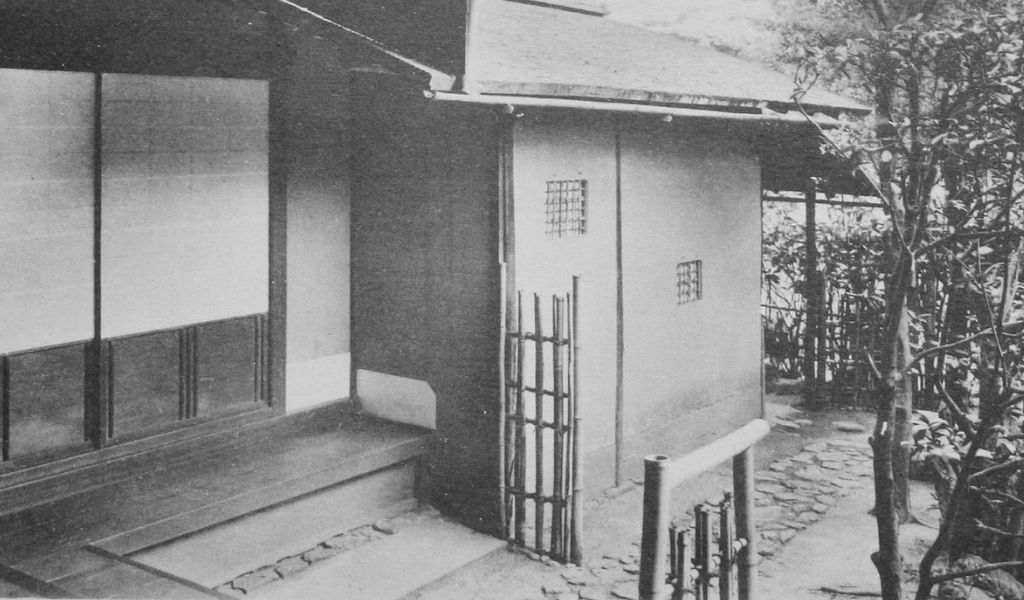
Tai-an tea house at Myōki-an, Kyoto designed by the great tea master Sen no Rikyū in 1582. source: wikipedia
The Wabi-sabi philosophy has its origins in the tea ceremony. In the 19th century, while this tradition aimed for perfection by using luxurious Chinese accessories with archetypal shapes in a garden set up to perfection, a Zen monk named Murata Shuko developed a different concept of refinement. He reformed this traditional ceremony by adopting handmade objects with imperfect shapes that better embodied Zen philosophy. Later, the tea master Sen no Rikyu also exchanged the noble Chinese utensils for local pieces to establish a new kind of tea ceremony combining elegance and simplicity.
On the other hand, Taoism is a Chinese philosophy that advocates harmony, peace, humility and acceptance of things. Principles that are strongly reflected in wabi-sabi.
☯ A philosophy of life

Photo: Yasunari Nakamura
The search for perfection invades the modern world in all fields without bringing satisfaction to those who struggle. In Japan, the country of traditions and modernity, wabi-sabi is part of the culture whether in the notion of beauty or in spirituality.
🤩 The wabi-sabi aestheticism
In Zen philosophy, there are 7 Japanese aesthetic principles:
- Kanso : simplicity, sobriety
- Fukinsei : the absence of symmetry
- Shizen : naturalness
- Seijaku : calm and tranquility
- Shibui : discretion, suggestion
- Datsuzoku : originality
- Yugen : subtle elegance

source: Unsplash.com
Following the example of Hanami, where people admire cherry blossoms, the notion of beauty takes its full meaning in the cycle of life, the magic of the moment and the eternal beginning. A conception very different from the Western culture which advocates regularity and the absence of defects. Similarly, this Japanese aestheticism can be found in Zen gardens with their incomplete and asymmetrical forms that evoke emotions. Lastly, the practice of Ikebana and haiku (Japanese poems) are again beautiful examples of this artistic sensibility very present in Japanese art.
😇 A spiritual approach to life
Adopting the wabi-sabi philosophy means approaching life with a different view of the universe, more in harmony with nature. It is a way of capturing true beauty in things and tasting fulfillment.
Wabi-sabi offers a benevolent approach to life, opening the doors to happiness. Resistance and control are replaced by acceptance and letting go, offering a new perception of the environment. The perfection so prized in the past becomes meaningless and dull.
By adopting this Zen philosophy, we give ourselves the right to make mistakes and return to the simple pleasures of life - the essentials. Moreover, this concept is widely used in the field of personal development.
🍃 The wabi sabi style in decoration

Sania Pell, Elle Decoration, UK / Interior designer Alex Vervoordt, photo seen on pinterest
The wabi-sabi is the new decorating trend. Simplicity and naturalness are its keywords. Thus, we will choose raw materials, aged by time with irregular shapes and relief. (Wood, stone, terracotta, linen or cotton, for example). As for colors, we will focus on neutral and soft tones such as gray, taupe, terracotta, beige or green.
Handcrafted pieces are ideal for this kind of decoration. We also appreciate antique furniture and their patina as well as recycled objects. Lastly, we will opt for a purified decoration. A simple vase with a flower to decorate a wooden table or a pottery hanging on a wall will match this minimalist style very well.
This concept can also be found in tableware. Here, we choose handcrafted, irregular Japanese tableware with unique pieces.
On the other hand, wabi-sabi values the marks, the small breaks and the cracks that come along with time. Kintsugi is perfectly in line with this concept as well. Remember that traditional Japanese art of repairing broken pottery by highlighting their magnificent cracks, sprinkled with gold? Although this ancient technique requires a lot of patience, there are simplified methods to practice kintsugi yourself with many tutorials available on the internet. So, rather than throwing away your old ceramics, why not give them a second life?
🙆♀️ Adopt wabi-sabi on a daily basis
More than just a philosophy, wabi-sabi is an art of living that advocates a return to the essential. Are you a perfectionist by nature - like many people, and do you sometimes feel deprived, or worse, on the verge of burn-out? Maybe it's time to allow some flexibility in your life. Free yourself from the endless quest for perfection and offer yourself a more zen life by adopting the wabi-sabi method on a daily basis.

source: Unsplash.com
👁 Change the way you look at things
First of all, learn to change the way you look at things and become aware of the beauty of imperfections. Isn't that little crack in the wall adding a touch of character to your apartment? Aren't those marks of time and those scars a reflection of an incredibly rich, hardship-strewn life that makes you unique?
🤦♀️ Get rid of the unnecessary
The next step is to eliminate the unnecessary from your life. Get rid of what you don't need, unnecessary items, clothes you never wear. In addition, why not attempt to do without a television or smartphone in order to get back to basics and turn more to outdoor activities like gardening for example?
🍎 Consume less and better
Wabi-sabi is also about favoring local, fair trade and artisanal trade by consuming in a reasoned way; no longer throwing away excessively, but recycling everything you can.
😍 Be grateful
Rather than spending time thinking about what you don't have and criticizing others, why not express gratitude for all that life has to offer? You may be blessed with a loving family, friends to count on, cool co-workers and hey... you're not that bad off.
👍 Recognize your qualities
You may often focus on your flaws. Know that this does not help you feel good or make you better. What if you listed your qualities instead?
❤️ Acceptance and unconditional love
In the end, to be happy, all we need to do is love ourselves as we are by accepting our imperfections and those of others. This also requires a certain amount of letting go of both ourselves and the environment.
Wabi-sabi, or the art of imperfection, revolutionizes the conception of the world around us. Through this philosophy which preaches the return to the essential, we probably find one of the keys to happiness. Whether it is in the field of art, spirituality or even psychology, the wabi-sabi philosophy has many adepts. Are you ready to adopt it?

